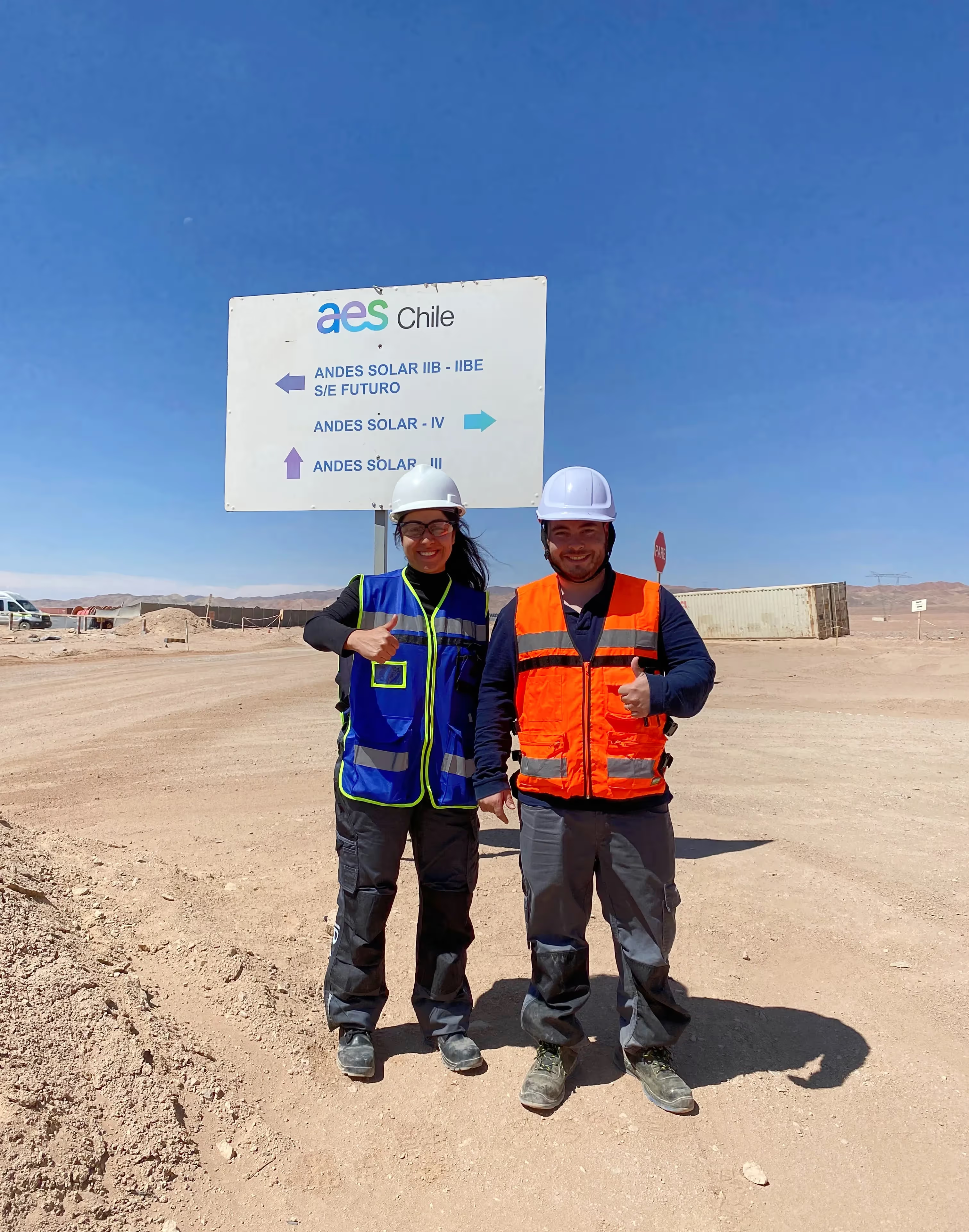
Solar energy is becoming an increasingly popular source of power around the world. It is a renewable energy source that uses the sun's rays to generate electricity. This form of energy is clean and has a much lower impact on the environment compared to fossil fuels.
One fact about solar energy is that the Earth receives more energy from the sun in just one hour than the whole world uses in a year. This shows the vast potential of solar power. Solar panels can be installed on rooftops and open lands, making them adaptable for various uses.
Solar technology has improved over the years, making it more efficient and affordable. Many countries invest in solar energy to reduce their reliance on non-renewable resources. This reflects a growing recognition of its importance in sustainable development.
What is solar energy?
Solar energy is power harnessed from the sun's rays. This energy can be used to generate electricity and heat for homes and businesses. Solar panels are the key technology used to capture and convert this energy.
How solar panels work
Solar panels are made of cells called photovoltaic (PV) cells. These cells are typically made of silicon. When sunlight hits the cells, it knocks electrons loose. This movement creates an electric current.
The electric current produced by the panels is direct current (DC). But homes use alternating current (AC). So, an inverter is used to change the DC into AC. This conversion allows the power to be used in homes, stored in batteries, or sent back to the power grid.
Key facts about solar energy
Solar energy is a powerful resource that is becoming increasingly important. It is clean, renewable, and has numerous advantages such as cost savings, job creation, and reducing environmental impact.
Abundant and ubiquitous
The sun provides a massive amount of energy every year. Solar energy is available worldwide, even in less sunny areas. The Earth receives more energy from the sun each hour than the entire world uses in a year. This means there is a huge potential for solar power to be harnessed and used to reduce reliance on fossil fuels.
Rapid growth
Solar energy use is growing swiftly. In recent years, more solar panels have been installed across many regions. This growth is driven by decreasing costs and increased efficiency. Government incentives and policies also play a big part. As technology improves and costs continue to fall, more households and businesses are expected to adopt solar energy.
Cost-effective
The cost of solar energy has dropped significantly. Solar panels are becoming cheaper to produce and install. Many homeowners and businesses benefit from lower energy bills after switching to solar. Tax credits and rebates further improve affordability. The initial investment is often offset by these savings within a few years, making solar a sound financial decision.
Job creation

The solar industry is a major source of new jobs. It spans across installation, manufacturing, sales, and maintenance. By creating diverse job opportunities, solar energy contributes to economic growth. Training programs are also available to help people gain the skills needed for these jobs. As the demand for solar energy rises, job growth is expected to continue.
Environmental benefits
Solar energy is a clean, renewable power source. It produces electricity without harmful emissions. This reduces air pollution and decreases greenhouse gas emissions. By using solar energy, individuals and businesses can lower their carbon footprint. Protecting the environment and conserving natural resources are significant benefits of solar power adoption.
Energy Independence
Solar energy helps countries reduce reliance on imported fuels. It provides a local energy source that decreases the need for fossil fuels. This reduces exposure to volatile energy prices and supply disruptions. By investing in solar energy, communities can gain more energy security and stability, which is crucial for national energy independence.
Versatility
Solar energy applications are diverse and flexible. It is used in residential homes, commercial businesses, and large solar farms. Solar power can be utilized in remote areas and developing regions without access to electricity grids. New technologies like solar rooftops and portable solar chargers expand the range of uses, making solar energy accessible and practical for many.
Technological advancements
Continuous improvements are being made in solar technology. Advances in solar panel efficiency, energy conversion, and material design lead to better performance and lower costs. Innovations like thin-film solar cells and solar tracking systems further enhance solar power output. These developments drive the broader adoption and integration of solar energy in various sectors.
Grid parity
Solar energy is reaching grid parity in many regions. This means solar power costs are on par with traditional energy sources like coal and gas. As technology improves and production costs decrease, solar becomes more competitive. Reaching grid parity is a critical milestone that makes solar energy a more viable and attractive option for widespread use.
Energy storage
Energy storage is key to maximizing solar power. Batteries and other storage solutions help manage energy supply, especially when sunlight is not available. Improved storage systems allow for better management of the electricity grid and increase the reliability of solar energy. As storage technology evolves, it plays an essential role in the future of solar power deployment.
Interesting uses of solar energy
Solar energy is not just a clean power source; it offers a variety of innovative applications that enhance energy efficiency and sustainability. Many homes and offices have installed solar panels on their rooftops, significantly lowering electricity bills while harnessing renewable energy. Additionally, solar-powered vehicles are becoming increasingly popular, utilizing panels on their roofs to charge batteries and reduce fuel costs.
Other applications include solar water heaters, which heat water using sunlight, benefiting both residential and industrial settings, and solar street lights that illuminate urban areas while conserving energy. Solar-powered gadgets, such as calculators and chargers, provide convenience, especially in locations with limited access to electricity. Furthermore, solar farms harness large areas filled with solar panels to generate electricity for communities, while farmers implement solar energy in irrigation systems to pump water sustainably. These diverse uses highlight solar energy's versatility and its potential as a clean alternative in today’s world.
Challenges and future prospects

Solar energy presents a bright future, despite facing some challenges. While the initial installation costs for solar panels can be high, ongoing technological advancements are driving down prices, making solar energy more accessible. Although energy production relies on weather conditions, innovations in energy storage are rapidly improving, enabling more reliable use of solar power throughout the day.
Looking ahead, increased efficiency in solar cells is being achieved through new materials and designs that enhance sunlight capture. Government incentives, such as tax credits and subsidies, are further encouraging the transition to solar energy, fostering growth in this sector. Additionally, solar energy offers a cleaner alternative to fossil fuels, helping to reduce carbon emissions and combat climate change. As the industry expands, it also creates numerous job opportunities in installation, manufacturing, and maintenance, contributing to a sustainable and robust economy.
The future looks promising for solar energy as it drives economic growth and job creation while promoting a healthier planet.
References and scientific articles
- Environmental impacts from the solar energy technologies
- Environmental benefits of domestic solar energy systems
- Advantages and disadvantages of solar energy production and use




